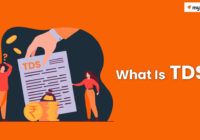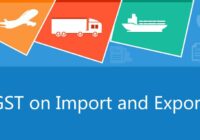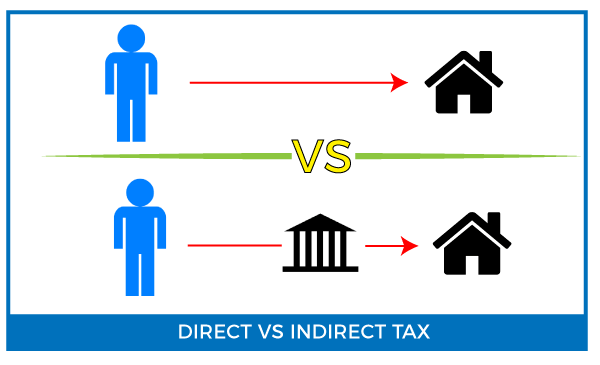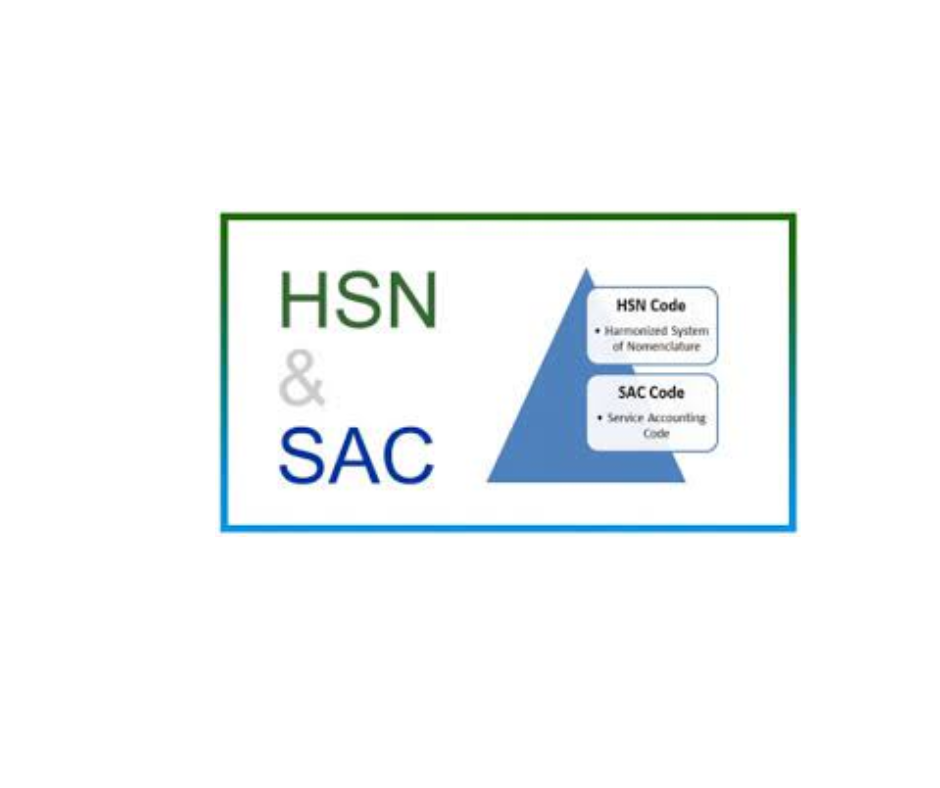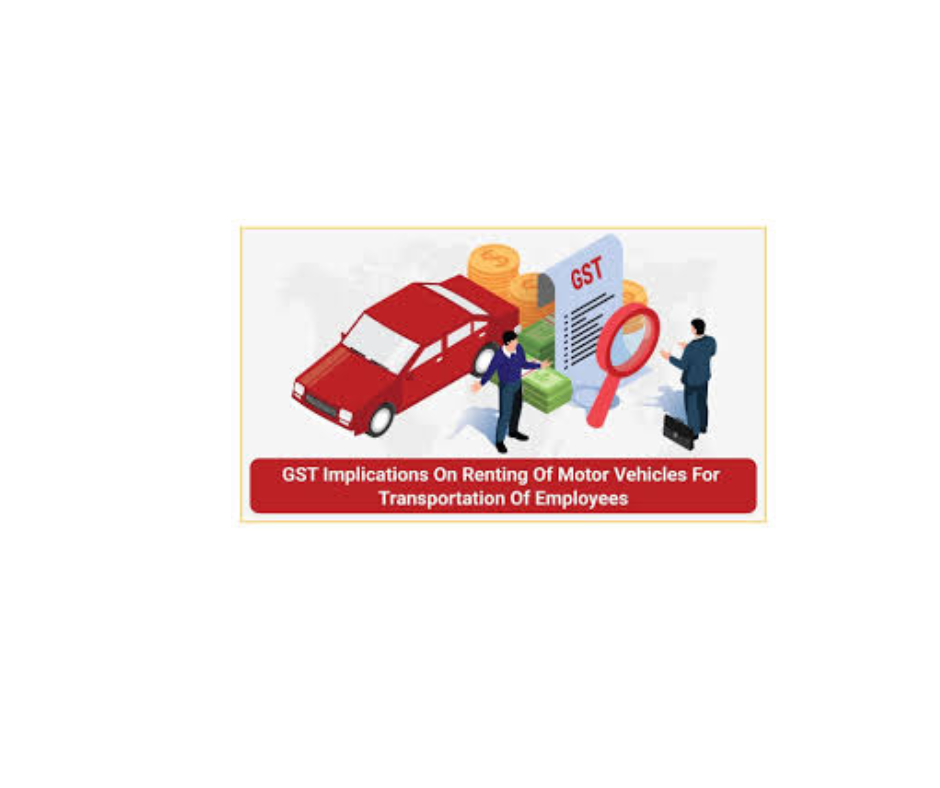Why TDS was introduced?
Introduction of TDS Introduction of TDS,The concept of Tax Deducted at Source (TDS) was implement to streamline the process of tax collection, enhance adherence to tax regulations, and tackle the diverse issues encountered by tax authorities. Here are some reasons why TDS was introduced: Revenue Assurance: TDS helps in ensuring a steady flow of… Read More »
